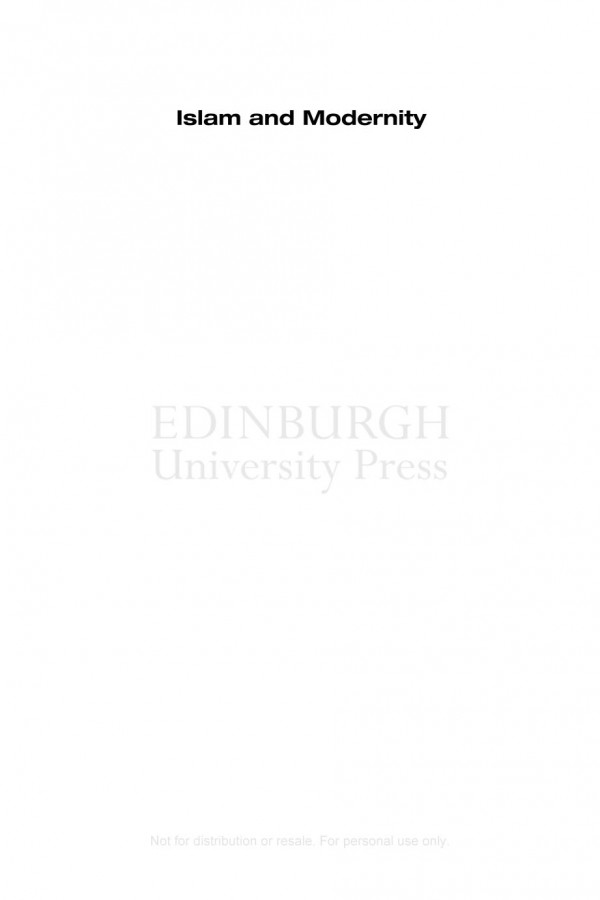

Most ebook files are in PDF format, so you can easily read them using various software such as Foxit Reader or directly on the Google Chrome browser.
Some ebook files are released by publishers in other formats such as .awz, .mobi, .epub, .fb2, etc. You may need to install specific software to read these formats on mobile/PC, such as Calibre.
Please read the tutorial at this link: https://ebookbell.com/faq
We offer FREE conversion to the popular formats you request; however, this may take some time. Therefore, right after payment, please email us, and we will try to provide the service as quickly as possible.
For some exceptional file formats or broken links (if any), please refrain from opening any disputes. Instead, email us first, and we will try to assist within a maximum of 6 hours.
EbookBell Team

4.7
26 reviewsGBS_insertPreviewButtonPopup('ISBN:9780748637935);
Click here to order an inspection copy of this book: stating the name of the course, expected enrolment and your full contact details.
Recent events have focused attention on the perceived differences and tensions between the Muslim world and the modern West. As a major strand of Western public discourse has it, Islam appears resistant to internal development and remains inherently pre-modern. However Muslim societies have experienced most of the same structural changes that have impacted upon all societies: massive urbanisation, mass education, dramatically increased communication, the emergence of new types of institutions and associations, some measure of political mobilisation, and major transformations of the economy. These developments are accompanied by a wide range of social movements and by complex and varied religious and ideological debates.
This textbook is a pioneering study providing an introduction to and overview of the debates and questions that have emerged regarding Islam and modernity. Key issues are selected to give readers an understanding of the complexity of the phenomenon from a variety of disciplinary perspectives. The various manifestations of modernity in Muslim life discussed include social change and the transformation of political and religious institutions, gender politics, changing legal regimes, devotional practices and forms of religious association, shifts in religious authority, and modern developments in Muslim religious thought.
Key Features